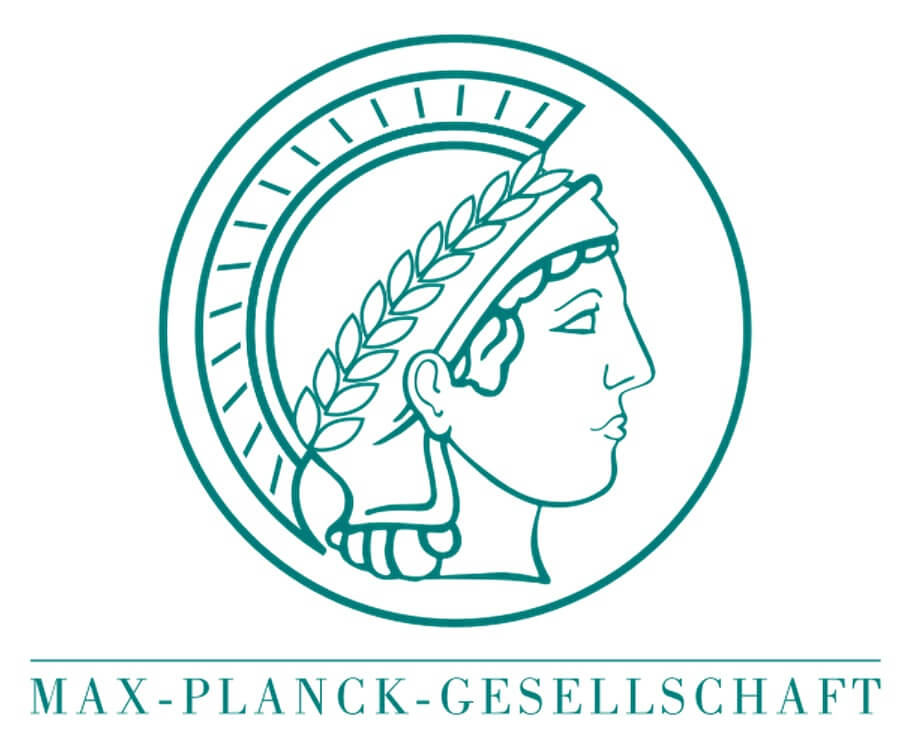The center will be established in collaboration with the Edmond and Lily Safra Brain Research Center (ELSC); Cost of the center: 3 million euros; This is the 9th center outside of Germany and the first to deal with brain research

A significant step forward in strengthening the scientific ties between Germany and Israel will take place on January 9 with the launch of the new center for brain research, which is shared by the Max Planck Society for the Advancement of Science from Germany and the Hebrew University. A delegation of the Max Planck Society will arrive at the university for the occasion, headed by Prof. Peter Gross, president of the Max Planck Society Germany. The Max Planck Institute for Neurobiology in Martinsried, Germany, and the Edmond and Lili Safra Center for Neuroscience at the Hebrew University of Jerusalem (ELSC) are partners in the new center, which will deal with issues related to sensory processing of the brain during action. The ceremony will also be attended by the president of the Hebrew University, Prof. Menachem Ben-Shashon and the German ambassador to Israel, Andreas Michaelis.
This is only the 9th center outside Germany of the Max Planck Society - the leading research organization in Germany. This research center is the first in the field of neuroscience. 3 million euros will be invested in the establishment of the new center for the first 5 years of its operation, and the funding will be divided equally between the two entities.
The president of the university, Prof. Menachem Ben-Shashon, will participate in the announcement ceremony for the joint center. According to Prof. Ben-Shashon
"The cooperation with Germany in matters of science and research is one of the most important and fruitful of the Hebrew University and it allows us to continue to be at the forefront of science. We are happy to be the first university in the world, outside of Germany, where a joint center for brain research will be established together with the Max Planck Society and we look forward to expanding collaborations in the future."
Deciphering the brain puzzle is one of the great challenges of the 21st century. Leading researchers around the world are looking for new insights into the mind's amazing abilities in the sensory, emotional and motor aspects, as well as how to treat devastating disorders resulting from diseases of the brain.
Neuroscience at the Hebrew University has long been a central focus of research at the institution. In 2007, the university launched the Edmond and Lily Safra Neuroscience Research Center (ELSC) headed by Prof. Elon Vadia. The researchers at the center focus on a large number of broad areas, including genes and neurons, neural networks and plasticity, cognitive neuroscience, computational neuroscience, and sensory and motor functions.
The Max Planck Society is known as one of the most outstanding research organizations in the world. Since its establishment in 1948, 17 Nobel laureates and many world-renowned scientists have come from Kirba. Recently, the association decided to leave the borders of Germany and cooperate with various research centers in the world in many fields. The aim of the initiative is to combine knowledge, expertise and experience in order to create a broad scientific base in the various fields.
The new center at the Hebrew University will enable the existence of new and innovative joint research projects to understand the causal relationships between neural mechanisms, perception and action of the brain.
Under the joint leadership of Prof. Tobias Bonhoeffer from Germany and Prof. Idan Segev from the Hebrew University, the new center will bring together senior scientists, including Nobel Prize winner Prof. Bert Sakmann and Prof. Alexander Borst from Germany and Prof. Haim Sompolinski and Prof. Adi Mizrahi from the Hebrew University. Special emphasis will be placed on promoting young Israeli and German scientists through scholarships and research programs.
